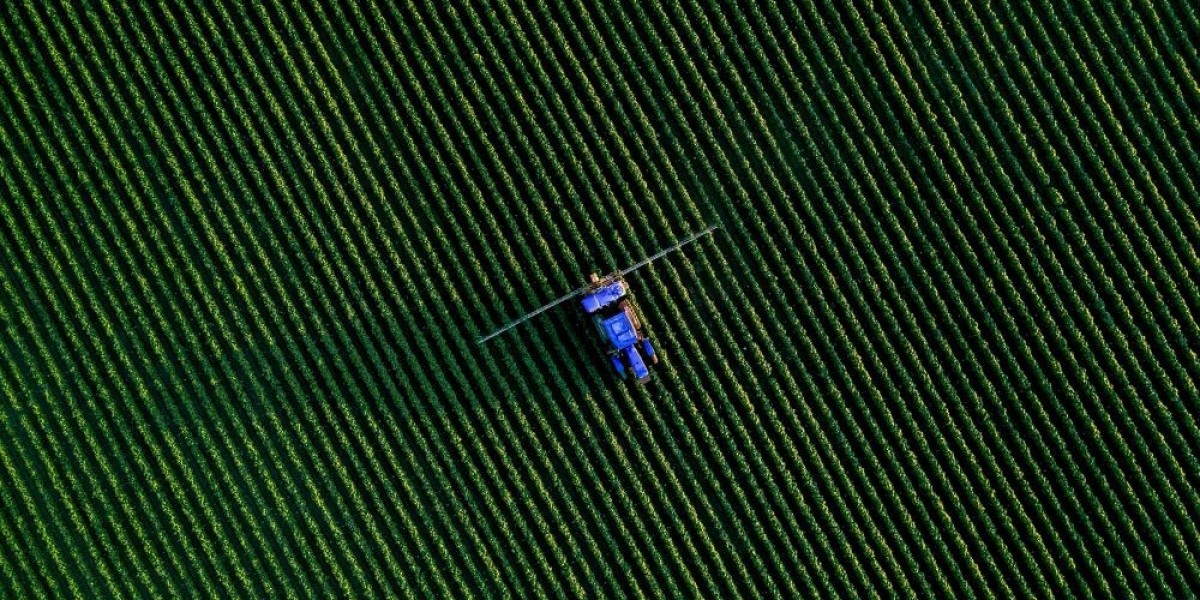1. Targets a Broad Spectrum of Pests
Fipronil 18.87 SC is a broad-spectrum insecticide that effectively manages various pests, including termites, aphids, beetles, and thrips. Its unique mode of action disrupts the central nervous system of insects, ensuring quick and effective pest control. This broad applicability makes it suitable for protecting crops like rice, sugarcane, vegetables, and fruits.
Farmers dealing with complex pest infestations benefit significantly from its versatility, reducing the need for multiple products to combat different insects.
2. Offers Long-Lasting Residual Protection
One of the standout features of Fipronil is its prolonged residual activity. Once applied, it protects crops for weeks, reducing the frequency of reapplication. This long-lasting effect mainly benefits crops with longer growing seasons, ensuring continuous protection during critical growth stages.
- It helps maintain crop health throughout the season.
- Reduces labor and costs associated with repeated treatments.
For instance, Remidok-Fipronil 18.87% SC Insecticide provides dependable residual protection, making it a trusted choice for farmers managing persistent pest pressures. Learn more about its effective pest management here.
3. Protects Plant Roots from Soil-Borne Pests
Soil-dwelling pests like termites and grubs attack crops from the ground up, often causing extensive damage before they are detected. When applied as a soil treatment, Fipronil penetrates deep into the soil to target these hidden threats. This ensures plants develop strong, healthy root systems free from pest interference.
Healthy roots are essential for nutrient absorption and overall plant vigor, making soil protection a critical component of pest management.
4. Ensures Effective Foliage Protection
Foliage feeders, such as thrips and beetles, can cause significant damage by attacking leaves and reducing photosynthesis. Fipronil’s systemic properties allow it to move within the plant, targeting pests that feed on its leaves and ensuring comprehensive foliage protection.
This is particularly crucial for crops like vegetables and sugarcane, where leaf damage directly impacts yield quality and quantity.
5. Controls Internal Feeders
Some pests, like borers, feed inside plant stems and tissues, making them challenging to control with surface-level treatments. Fipronil’s ability to penetrate plant tissues ensures that even internal feeders are effectively targeted. This level of control protects the structural integrity of plants, reducing the risk of crop failure.
“Pest control is not just about managing pests—it’s about nurturing crops to thrive in their natural environment.”
6. Reduces Economic Losses
Pest damage can result in massive economic losses for farmers, affecting yield quantity and quality. Fipronil 18.87 SC minimizes these losses by providing reliable protection, ensuring farmers maximize their returns.
Statistics indicate that farmers using Fipronil have experienced up to a 30% reduction in pest-related crop losses, making it an essential tool for safeguarding livelihoods.
7. Compatible with Integrated Pest Management (IPM)
Fipronil fits seamlessly into Integrated Pest Management (IPM) systems, which combine chemical, biological, and cultural methods to control pests sustainably. Its targeted action minimizes harm to beneficial insects, such as pollinators and natural predators, allowing biological controls to thrive.
Farmers can reduce pesticide use by selectively incorporating Fipronil while maintaining effective pest management.
8. Enhances Productivity in Organic Farming Systems
Although synthetic insecticides are not traditionally part of organic farming, products like Fipronil 18.87 SC can play a role in hybrid farming systems. In severe pest outbreaks, its selective use can help save crops while maintaining most organic practices.
Farmers adopting hybrid approaches benefit from Fipronil’s effectiveness during emergencies, ensuring they can meet production demands without compromising environmental principles.
9. Safe and Easy Application
Fipronil’s user-friendly formulation makes it easy for farmers to apply. Whether used as a soil treatment, seed treatment, or foliar spray, it integrates smoothly into existing farming routines. Its precise action reduces the risk of overuse, promoting safe and practical application.
This ease of use is particularly beneficial for smallholder farmers who may lack access to advanced equipment but still need reliable pest control.
10. Affordable and Accessible for All Farmers
Despite its advanced formulation and effectiveness, the Fipronil 18.87 SC price remains competitive, making it accessible to farmers across various scales. Whether managing large-scale operations or small farms, Fipronil offers an affordable solution for protecting crops and ensuring sustainable productivity.
This affordability, combined with its proven effectiveness, makes it an invaluable addition to the pest control toolkit of farmers worldwide.
Looking Ahead: Building Resilient Farming Systems
The power of Fipronil 18.87 SC lies in its ability to adapt to the diverse challenges of modern farming. Protecting crops from a broad spectrum of pests, offering long-lasting control, and supporting sustainable practices ensures farmers can cultivate healthier plants and secure higher yields.
As agricultural innovation continues to evolve, tools like Fipronil will remain at the forefront, bridging the gap between productivity and sustainability. With careful and responsible use, it can be a cornerstone of resilient farming systems, empowering farmers to meet the growing global demand for food while protecting the environment.



